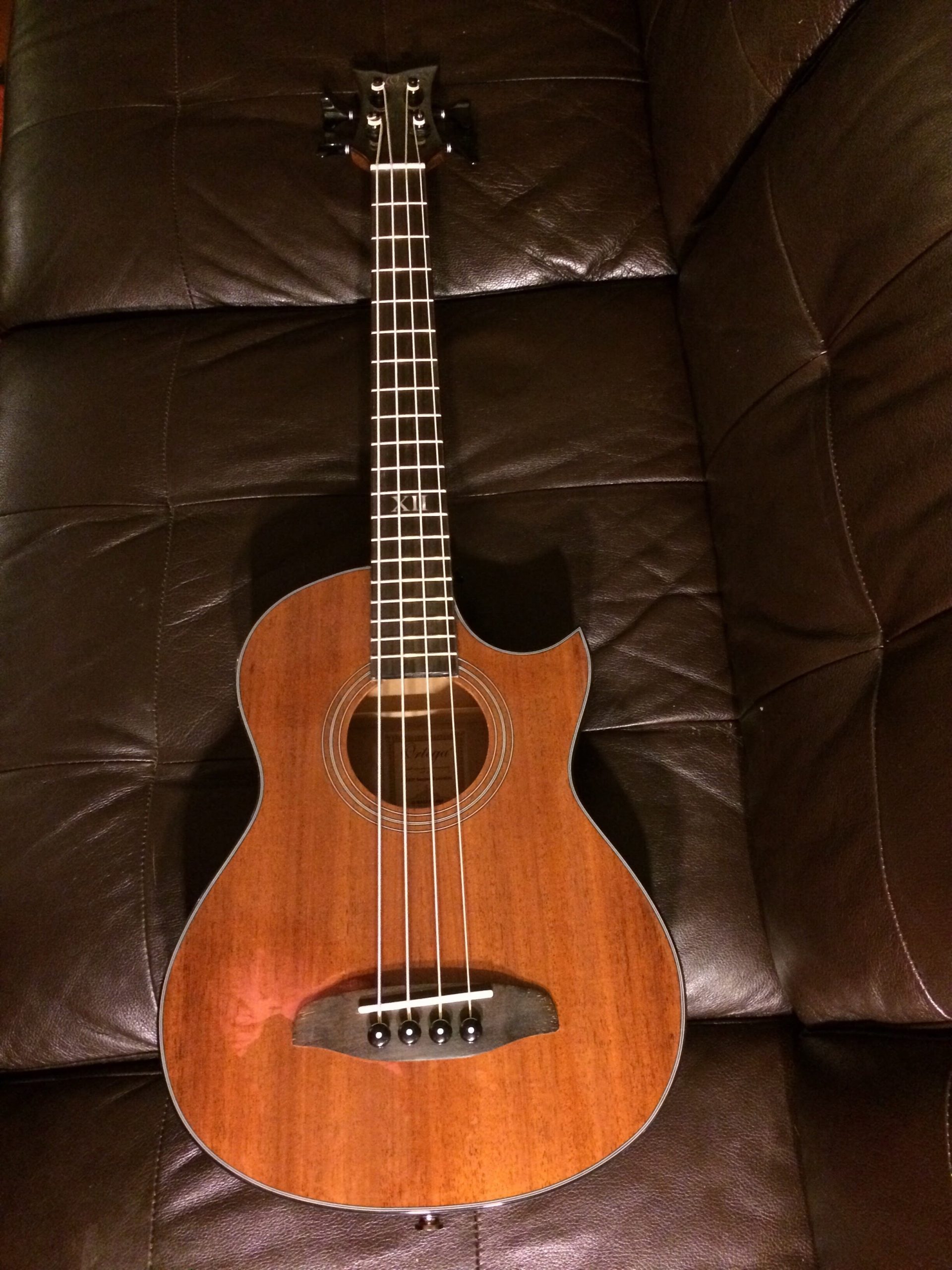Fear is funny. Not funny, really. Maddening, frustrating, debilitating.
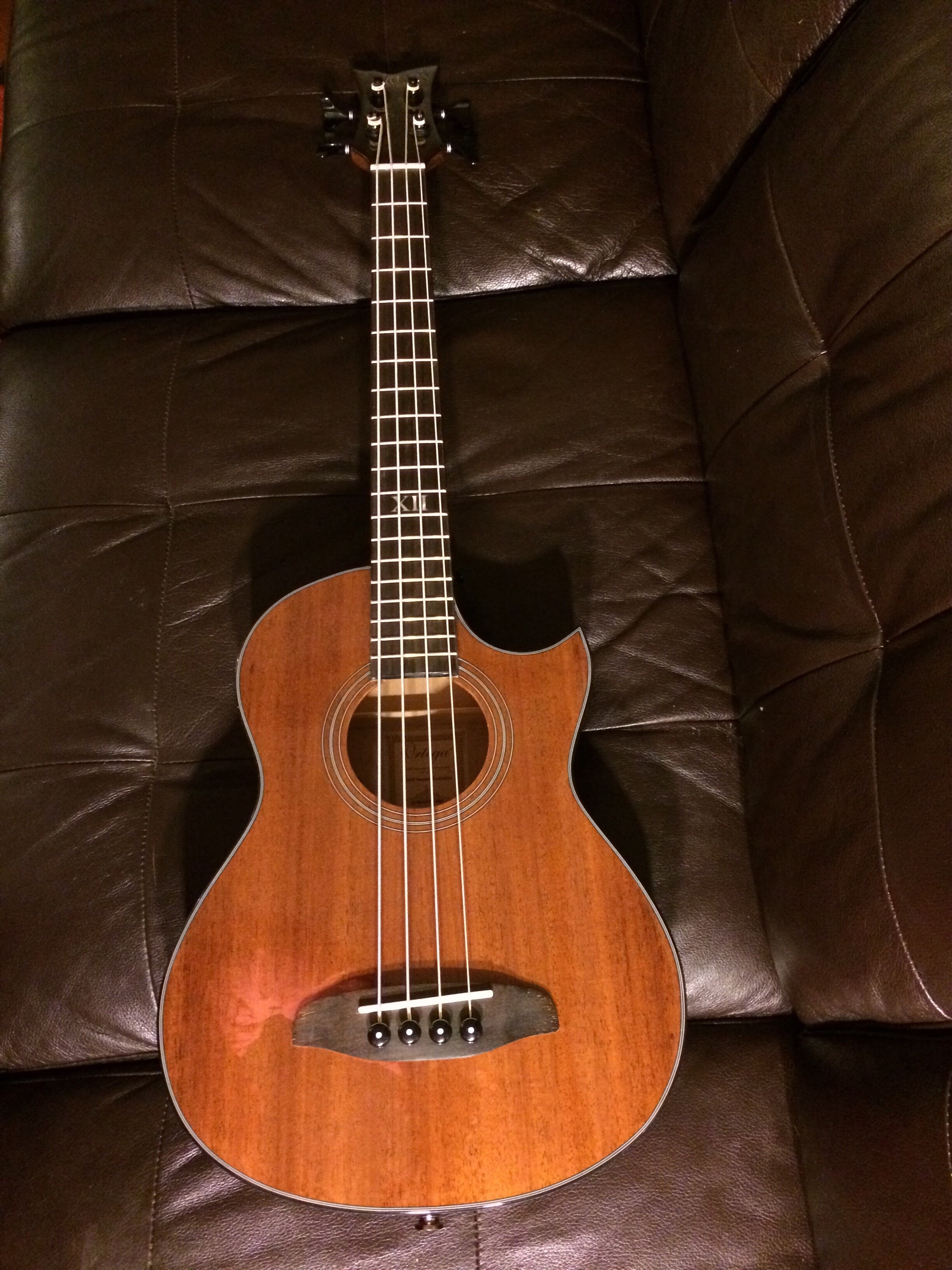 After a busy month or so, I hadn’t had time to practice my bass guitar at all. I wanted to. I missed it. So I took it out of the case and sat it next to my chair so it would be easy to grab whenever I had a few free minutes. And from there it mocked me. I was afraid to pick it up. Afraid I’d forgotten everything. Afraid I would suck.
After a busy month or so, I hadn’t had time to practice my bass guitar at all. I wanted to. I missed it. So I took it out of the case and sat it next to my chair so it would be easy to grab whenever I had a few free minutes. And from there it mocked me. I was afraid to pick it up. Afraid I’d forgotten everything. Afraid I would suck.
Writing is like that, too. I think the writers who advise others to “write every day” do so for this reason most of all. The longer we go without doing something the more room there is for doubt and excuses, so we go even longer without doing it. It’s a vicious cycle that can be difficult to break out of.
Sometimes, the missing doing the thing becomes greater than the fear and overcomes it. Other times, we force ourselves past the fear. We have been here before and can see it for what it is.
I finally picked up the guitar today. I can still play. In fact, I think I played better today than I have in months. It felt joyous, both the ability to make music and the letting go of the fear.
Soon, my schedule will allow me to get back to writing again, too. And I am not afraid. In fact, I’m looking forward to it.
What goals are you avoiding because of fear? Perhaps it’s time to begin.
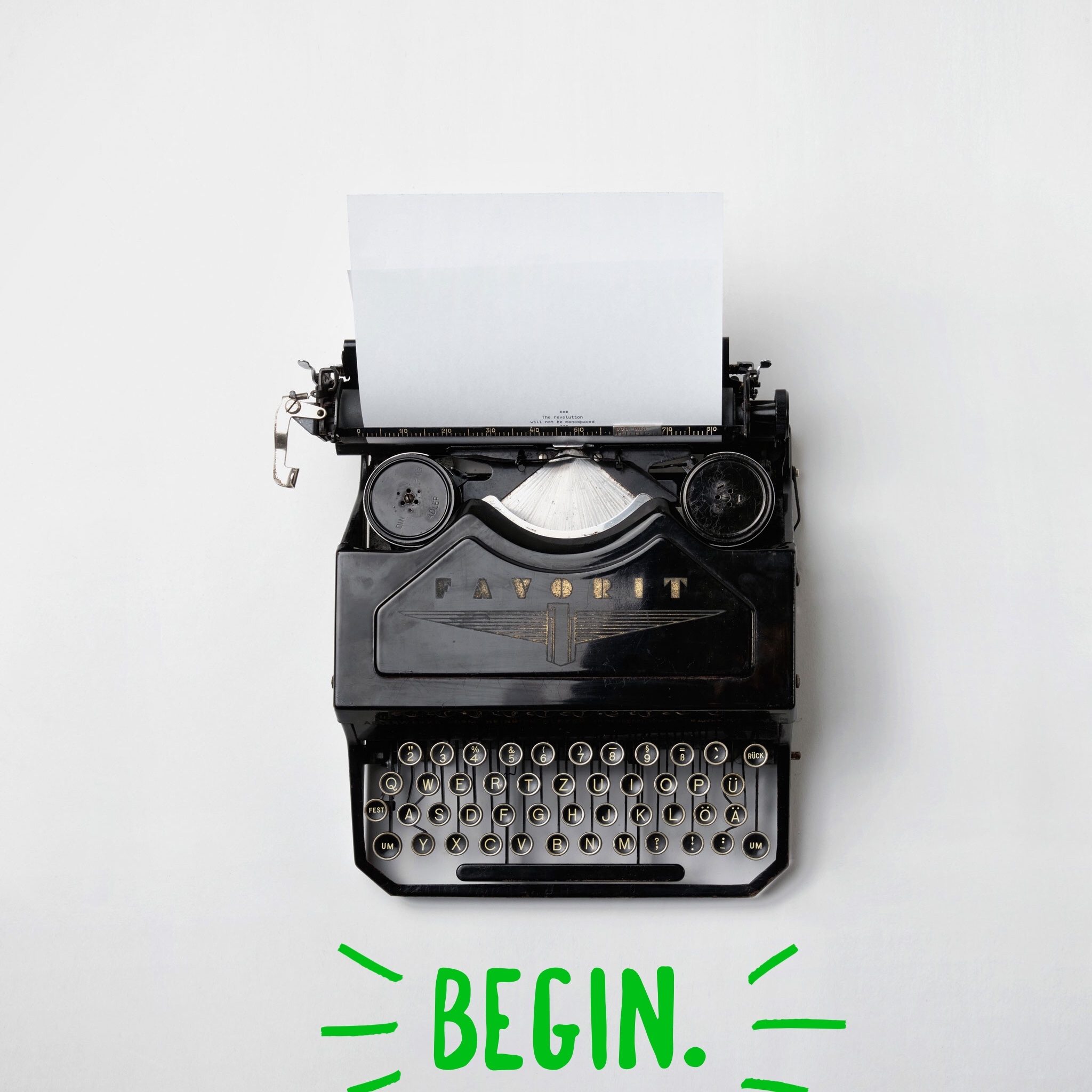
Personal
Creativity Lost… and Found!
You know how if you keep doing what you’ve been doing you’ll keep getting what you’ve been getting? Well, today I decided to try something different. I shrunk my manuscript (with the gaping hole in the middle) and my research notes so that they’d fit on one page each, I grabbed a pencil, and I went for a walk.
Wouldn’t you know it, my creativity was hiding in the woods! I found her right about here:

Once I found her, the manuscript practically wrote itself. And I got to walk (hooray, exercise!) in the sunshine.
We even stopped to make a few new friends on the way home…
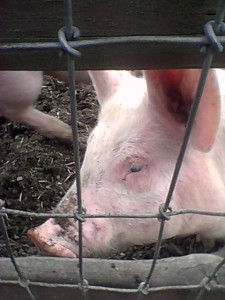
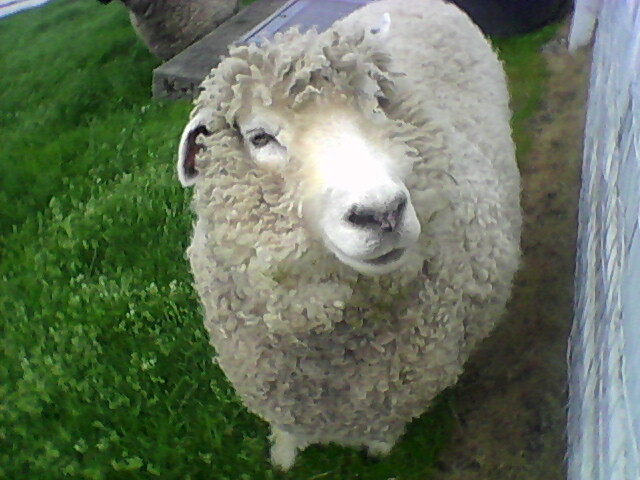

6 Lessons Learned from Doing the Picture Book Marathon
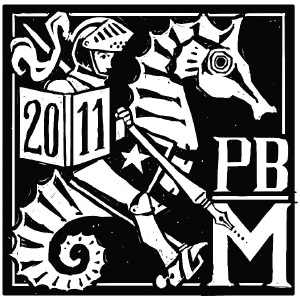
I did it. I wrote 26 brand-new picture-book texts in the 28 days of February! Now that I’ve had some time to relax and reflect, I thought I’d share my thoughts on the experience.
I started out with great gusto, then stumbled in the middle and took a bunch of days off, but managed to sprint to the finish to make up for lost time. I finished the last one with exactly 12 minutes to spare before the clock struck midnight on the very last day. Talk about close. But, still, I did it!
And I am so glad I took on this challenge. Not only do I have 26 bright, shiny new manuscripts (several of which have real potential right out of the gate), but I learned some much-needed lessons along the way. I’d thought I’d document there here for anyone thinking about doing the challenge, for anyone thinking about writing picture books, or for my future self whenever I need a reminder!
5 Lessons I Learned From the Picture Book Marathon:
- PB Marathon Lesson #1: When I set my mind to it, I can be a LOT more productive than I thought I could. I was finding stolen moments in the pick-up line at school, while waiting for kids to get out of lessons, scribbling on receipts at stoplights, etc. I discovered I have been wasting a lot of time on things like self-doubt, thinking I needed a big chunk of uninterrupted time to write, or trying to figure out the whole story before I started writing. I wrote more in this one month than I have in the past year. Yes, I was mostly working on revisions, but still–yipes! We need to keep the creative wheels turning, even when we’re focusing on more analytical tasks. This has unexpected benefits, like…
- PB Marathon Lesson #2: Productivity begets productivity, and procrastination begets procrastination. The more I wrote, the more I felt like writing, AND it carried over into other things as well. I managed to get some long-standing to-do’s around the house done, simply because I felt so supercharged about getting my books written! Typically I wouldn’t let myself tackle those kinds of chores, because I always felt like I should be writing instead. But I often didn’t do the writing because it was so easy to get distracted by little to-do’s and interruptions. So, everything would stagnate. Now that I learned #1, it’s much easier to avoid the downward spiral of #2.
- PB Marathon Lesson #3: As productive and energizing as that month was, it’s important to remember to recharge! I think I crashed in the middle because I was writing every day. It was fine on weekdays, but on the weekends I really needed to get away from my computer and play. Doing that and then feeling behind and rushing to catch up wasn’t helpful either. So, outside of the challenge, I’ll try to be productive every weekday, and I’ll reserve the weekends for resting, reading, and spending time with family.
- PB Marathon Lesson #4: Writing fast and short is the best way to cut to the heart of the story. I tend to overthink book ideas before I ever get to writing the first word. And, if I do start writing, I tend to be research driven and overly wordy (which is the kiss of death for picture books!). So, my first drafts usually read like really bad encyclopedia entries, and then I spend all my revision efforts trying to resuscitate them and bring back the life that inspired me to write about them in the first place. The marathon forced me to just get it out there in all its passionate chaos. It’s much easier, and more successful, to start with a strong heart and add the necessary limbs later than it is to start with a bunch of limbs and try to find a place for the heart! The PB Marathon allowed me to finally get to the core of some big ideas I’ve been thinking about for years but didn’t know how to contain. I think this approach would also help me with longer projects, as a sort of outline/synopsis/summary to keep me on track as I flesh out the details.
- PB Marathon Lesson #5: I need to work on endings! If I could work a circular ending, great. If not, though, all of my endings felt either rushed or drawn out or just plain trite and stupid. Clearly, I need some work here! So, I’m going to be launching a major self-education unit, studying the best of the best picture books and their endings. Maybe I’ll post my discoveries here someday.
- PB Marathon Lesson #6: Finally, the biggest, most important lesson learned: Despite my weakness with endings, I don’t totally suck! Okay, so not all of the 26 are going to end up on anybody’s award list (or even bookshelf), but that’s no surprise to anyone–least of all me. What I wasn’t expecting was to find a handful of real gems. There are several manuscripts in the pile that I love, can’t wait to revise, and know I will happily and confidently submit in the not-too-distant future. And there are quite a few others that are, at the very least, a good idea worth pursuing to see if I can develop it into something solid. Very pleasant surprises indeed, and great confidence boosters besides.
After all those valuable lessons, I would’ve felt like a winner even if I hadn’t completed the 26 manuscripts. The whole experience was definitely worthwhile for me. To my friends and family, thank you for the encouragement and camaraderie: they were a huge help, and I am extremely grateful for your support! To my amazing and wonderful critique group, thanks for welcoming the deluge of new manuscripts coming your way! And to those of you considering the challenge, DO IT! And let me know what YOU learn. 🙂
No, no, no #NaNoWriMo for me!
The big topic in the writing world this time of year is NaNoWriMo, National Novel Writing Month, in which aspiring writers are encouraged to churn out 50,000 words of rough draft in 30 days. It’s easy to get caught up in the hype, but after weeks of consideration and days of agonizing, I’ve finally decided NOT to do it this year. I’m extremely tempted to push myself to attempt something I’ve never done before (finish a novel)—I am very competitive and I do love a good challenge, after all. Plus, I know I’d learn a lot about myself and my writing in the process, which would be both exciting and useful. And, you never know, at the end of it all I just might have something worth pursuing further.
So, what’s holding me back? Well, besides a nice helping of typical writerly fears (which is just another reason TO do it, of course), there’s a nagging little bit of actual self-knowledge that can’t be ignored. It feels so inappropriate that I’m embarrassed to admit it, especially here, in such a public forum. But, I suppose it’s time to come clean and be honest with you all: I’ve never had a burning desire to write a purely fictional novel.
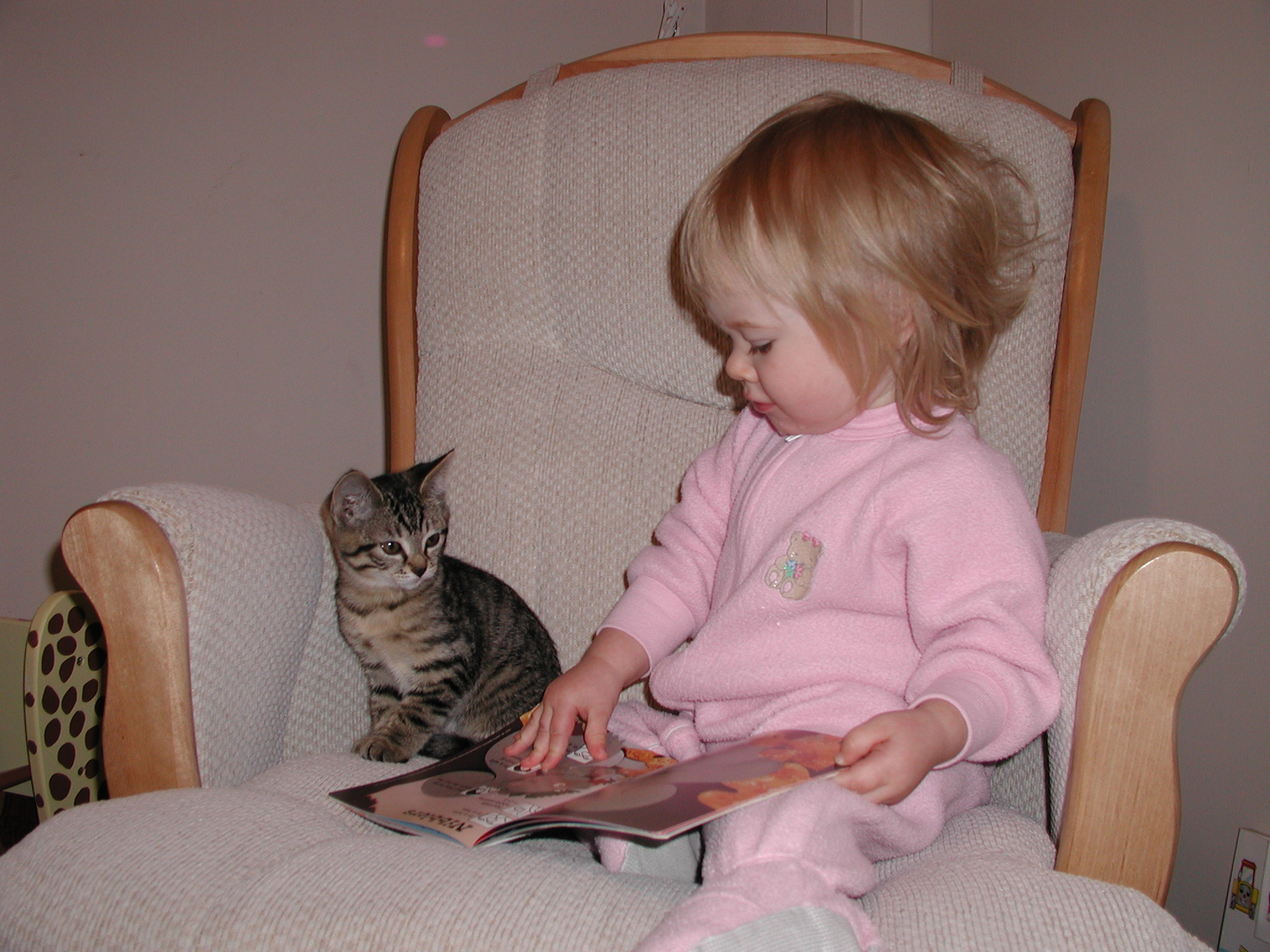 I am most drawn to two particular kinds of literary magic. One is helping a child learn to read by providing something interesting enough for them to work through at a level that is accessible yet just challenging enough to increase their skill (beginning readers: fiction and nonfiction). The other is helping a child understand the world around them through books that are meant to be shared with a parent or teacher, books that will open up a dialog between young children whose values aren’t yet defined and the adults helping to shape those values (board and picture books: fiction and nonfiction).
I am most drawn to two particular kinds of literary magic. One is helping a child learn to read by providing something interesting enough for them to work through at a level that is accessible yet just challenging enough to increase their skill (beginning readers: fiction and nonfiction). The other is helping a child understand the world around them through books that are meant to be shared with a parent or teacher, books that will open up a dialog between young children whose values aren’t yet defined and the adults helping to shape those values (board and picture books: fiction and nonfiction).
I love reading all kinds of fiction, and I am keenly aware that a well-written novel can expand a reader’s worldview in ways that shorter works often cannot. Good fiction can illuminate truth with a spotlight effect that can be difficult to achieve in nonfiction. I admire novel writers immensely and feel blessed to call many of them friends. Perhaps someday I’ll even decide to try to join their ranks. For now, though, the audiences I most wish to connect with just aren’t ready for novels. I’ll have to follow my own kind of magic.

